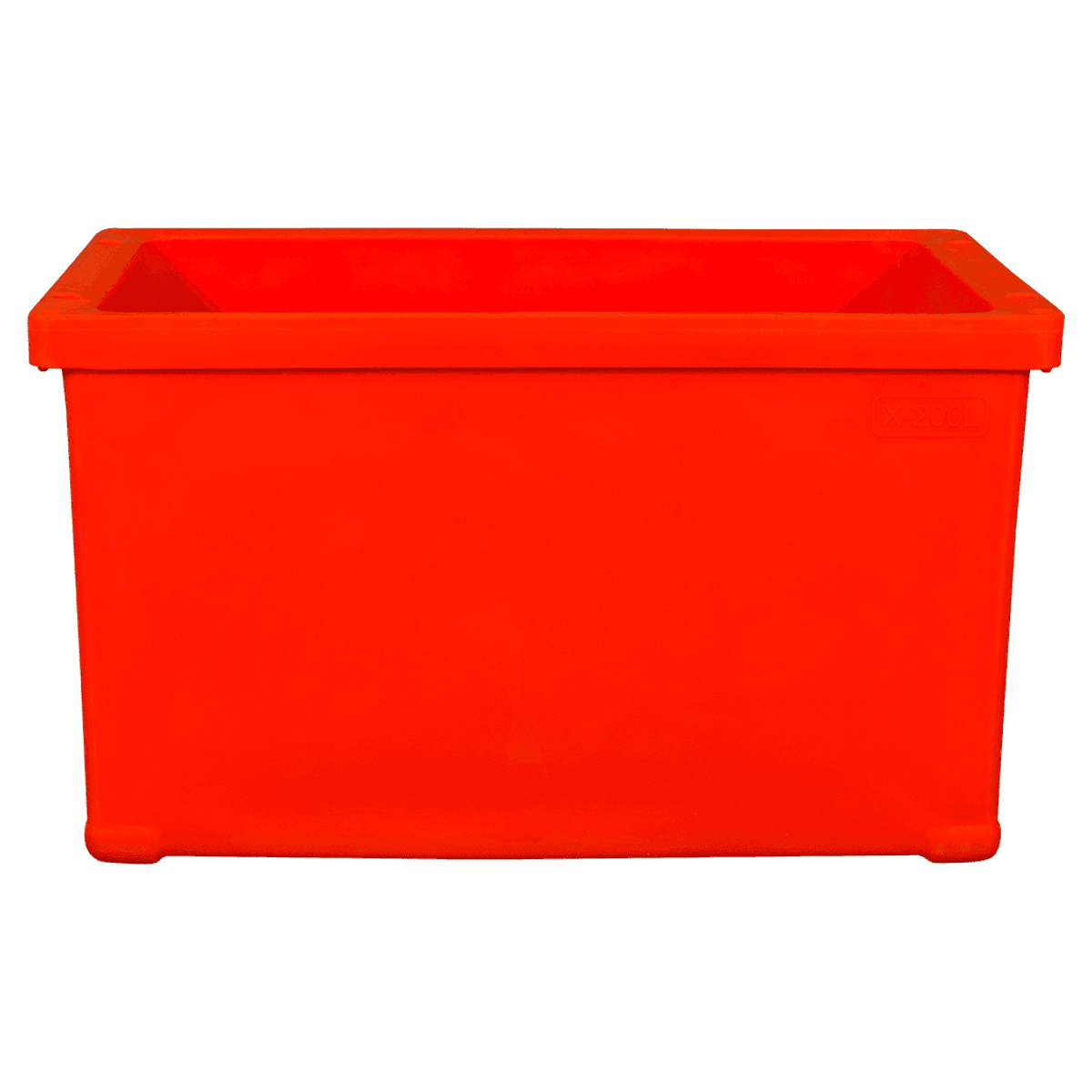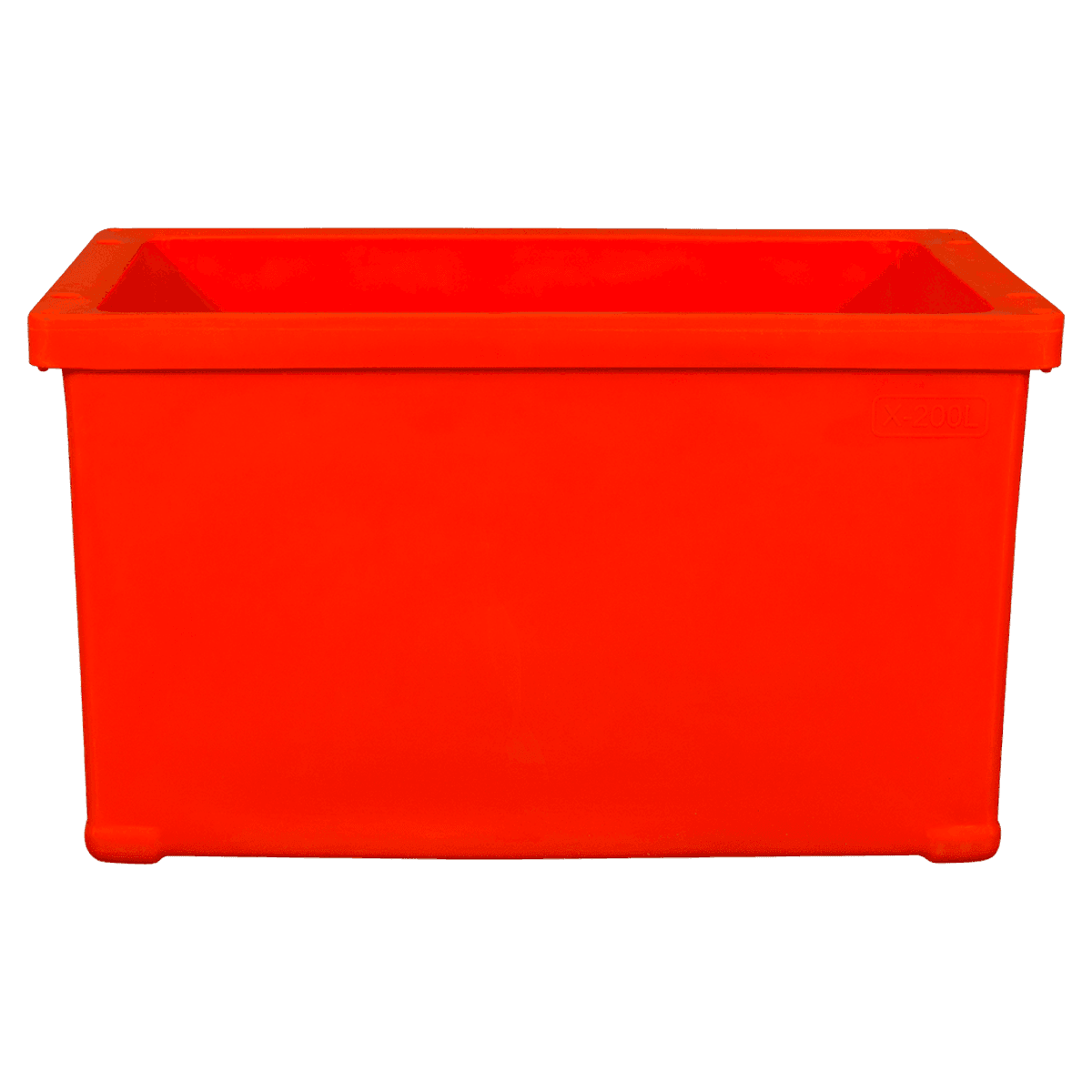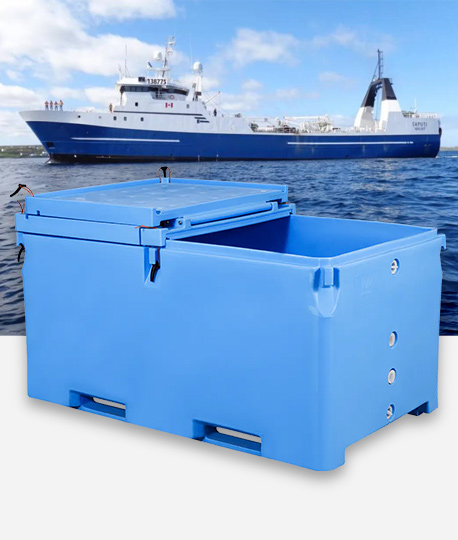Content
- 1 1. Choose a High-Quality Ice Cooler Container
- 2 2. Pre-Chill Your Ice Cooler Container
- 3 3. Use Large Ice Blocks Instead of Crushed Ice
- 4 4. Minimize Lid Opening
- 5 5. Pack the Cooler Properly
- 6 6. Use Insulating Pads or Bags
- 7 7. Keep the Cooler in a Cool Location
- 8 8. Optional: Use Saltwater or Ice-Water Mix
- 9 Ice Retention Comparison Table
When it comes to outdoor activities, camping trips, or even just a day at the beach, keeping your ice cooler container cold for as long as possible is essential. Maximizing ice retention not only keeps your drinks and food fresh but also ensures a more enjoyable experience.
1. Choose a High-Quality Ice Cooler Container
Thick Insulation Layers
One of the most important factors in ice retention is the quality of the cooler’s insulation. Look for containers with high-density polyurethane foam or vacuum insulation. These materials significantly reduce heat transfer, keeping your ice frozen for longer periods.
Effective Sealing
The seal between the lid and the cooler body is critical. A cooler with a tight, leak-proof seal prevents cold air from escaping and warm air from entering, which directly affects ice longevity.
2. Pre-Chill Your Ice Cooler Container
Why Pre-Chilling Matters
Putting ice directly into a warm cooler significantly shortens its lifespan. Pre-chilling the cooler by placing ice or frozen gel packs inside for 1–2 hours lowers the internal temperature, allowing your ice to last much longer.
How to Pre-Chill Effectively
Fill the cooler with ice, close the lid, and let it sit for a few hours before adding your drinks and food. This ensures that the ice doesn't have to work as hard to maintain a cold environment.
3. Use Large Ice Blocks Instead of Crushed Ice
The Advantage of Large Ice
Large ice blocks melt slower than crushed ice due to their smaller surface area relative to volume. They retain cold longer and require less frequent replacement. Ice bricks or frozen water bottles are excellent alternatives.
Practical Tips
- Freeze water in large containers or bottles.
- Avoid breaking ice unnecessarily.
- Layer crushed ice on top only if necessary for small items.
4. Minimize Lid Opening
The Cost of Opening the Lid
Every time you open the cooler, warm air rushes in, accelerating ice melting. Minimizing lid openings is crucial to maintaining ice.
Tips to Reduce Openings
- Use a transparent lid or a cooler with a viewing window.
- Organize your cooler beforehand to quickly access items.
- Keep frequently used items at the top to reduce searching.
5. Pack the Cooler Properly
Reduce Empty Space
Air gaps allow heat to penetrate the cooler faster. Place items tightly together to reduce air pockets, and consider pre-chilling food to lessen the load on the ice.
Layering Strategy
Place heavy and frozen items at the bottom, ice blocks in the middle, and frequently accessed items on top. This layering maximizes cold retention.
6. Use Insulating Pads or Bags
Extra Protection
Adding an insulating pad underneath or wrapping the cooler in a reflective or insulating bag reduces heat gain from the environment. This is especially helpful in hot climates or direct sunlight.
7. Keep the Cooler in a Cool Location
Shade and Temperature
Always place the cooler in a shaded or cool area. Avoid direct sunlight or hot surfaces. Even small reductions in ambient temperature can significantly improve ice longevity.
Outdoor Placement Tips
- Use a tent, umbrella, or canopy to block direct sunlight.
- Place cooler on grass instead of concrete, which absorbs heat.
- Consider elevating the cooler slightly to avoid ground heat.
8. Optional: Use Saltwater or Ice-Water Mix
Lower Freezing Point
Adding a small amount of salt to water before freezing creates a mixture that stays colder for longer. This can slightly delay melting in extreme conditions. Ensure the container is sealed tightly to prevent leaks.
Considerations
This method is ideal for containers that need prolonged cooling but is optional for casual use.
Ice Retention Comparison Table
| Ice Type | Surface Area | Melting Rate | Recommended Use |
| Large Ice Blocks | Small | Slow | Long trips, camping |
| Crushed Ice | Large | Fast | Short trips, drinks on top |
| Frozen Water Bottles | Medium | Medium | Reusable, eco-friendly |


 English
English Español
Español عربى
عربى 中文简体
中文简体
-4.png)
-4.png)
-2.png)

-2.png)
-2.png)




